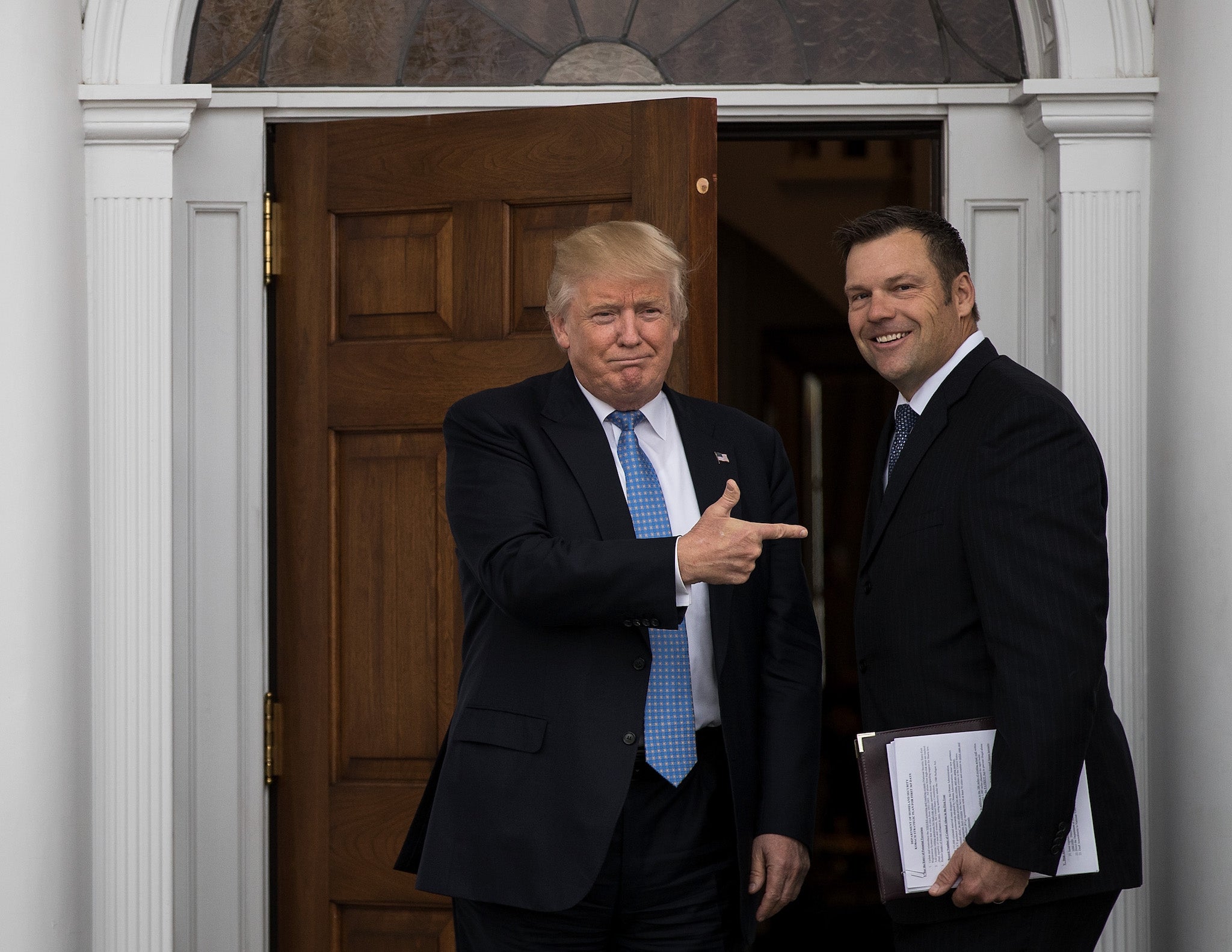Donald Trump is a domestic tragedy for America and, as his TPP decision suggests, a catastrophe for Brexit Britain
Let those expecting a fantastic new trade deal between the post-Brexit UK and the US take note: there’s no win-win in the mind of Trump. If America wins, Britain must lose


Nothing underlines the intellectual frailty of the Brexiteers more than their claims that the election of the most protectionist American President since Herbert Hoover in the 1920s represents good news for Britain’s free trading ambitions outside the European Union.
Donald Trump campaigned on a nakedly protectionist ticket and all the indications are that he intends to govern as a protectionist too.
This week’s pledge from Trump that he will tear up the US trade deal with Asia known as the Trans-Pacific Partnership on his first day in the White House is a clear warning shot to the world.
It wasn’t just rhetoric: he actually meant it.

And it’s not just Trump. Listen to the people around him.
The President-elect’s new chief strategist, Steve Bannon, relayed to the Hollywood Reporter last week his firm view of what free trade has done to the US.
“The globalists gutted the American working class and created a middle class in Asia,” he spat. Drivel from an economic perspective, of course.
The US economy overall – even the vast majority of working-class Americans – have benefited from the great opening-up of the global economy to international goods and investment flows over the past 30 years.
Pockets of severe deprivation in the Rust Belt and stagnant median incomes are the consequence less of global trade opening than myopic spending and ideologically driven tax policy choices by domestic American politicians.
Note, too, the racial element to Bannon’s complaint: America did not just lose, but Asians benefited.
One led to the other.
Well, what else can one expect from the former editor-in-chief of Breitbart, the online playground of the alt-right?
And the awful reality is that this is precisely the kind of nativist zero-sum thinking on trade we can look forward to from the Trump administration from January.
Trump claims he will look to negotiate “fair, bilateral trade deals” with Asian countries once TPP is binned.
But just try imagining how those negotiations will proceed with the likes of Trump and Bannon closely involved, or wielding an effective veto.
A US lobby group screaming that a putative deal will cost a single American job (even if hundreds more are created) could be enough to collapse any talks. That’s the logic of Trump’s zero sum rhetoric which anathematises compromise or trade-offs.
Let those expecting a fantastic new trade deal between the post-Brexit UK and the US take note: there’s no win-win in the mind of Trump. If America wins, Britain must lose.
As Simon Tilford of the Centre for European Reform points out, the US negotiators may well demand American pharmaceutical giants be given the freedom to undermine the monopoly drug-buying power of the NHS, or to prise open the British agricultural market, in its entirety, to dominant US producers.
Is this what the NHS-revering people of the North voted for when they supported Brexit? Is this what Britain’s farmers expected when they put their cross in the Leave box?
The backlash from these communities will be severe if Britain goes down this road.
And remember that America will be the vastly more powerful party in any trade negotiations, with its seven-times-larger economy. Sentiment and the special relationship will not help us.
Trump’s late mother may have been a “big fan” of the Queen and he might be best friends with Ukip’s Nigel Farage, but does anyone seriously doubt that American economic and corporate interests will trump little Britain’s every time in the mind of the new President?
There is an even larger danger from a Trumpian world to the dreams of the Brexiteers.
Theresa May, Liam Fox, David Davis and Boris Johnson want to do major new post-Brexit free trade deals, not only with the US but also with China, India, Australia, Japan, Canada, and the nations of South America.
Yet many of those nations might well be preoccupied with trade negotiations with Trump’s America – particularly Canada and Mexico if Trump tries to dismantle the North American Free Trade Agreement (NAFTA), as he said he would.
And if America under Trump steps back from underwriting global trade and military security – something else he has signalled – expect all global commercial integration to become much harder.
It may even grind to a complete halt.
What hope for Britain’s ambitious post-Brexit trade ambitions then?
The fact is that the advent of Trump is a domestic tragedy for America, but also a potential economic catastrophe for Brexit Britain.
That the Brexiteers cannot see this merely shows how ideology and wishful thinking have warped their judgment.
Join our commenting forum
Join thought-provoking conversations, follow other Independent readers and see their replies
Comments
Bookmark popover
Removed from bookmarks